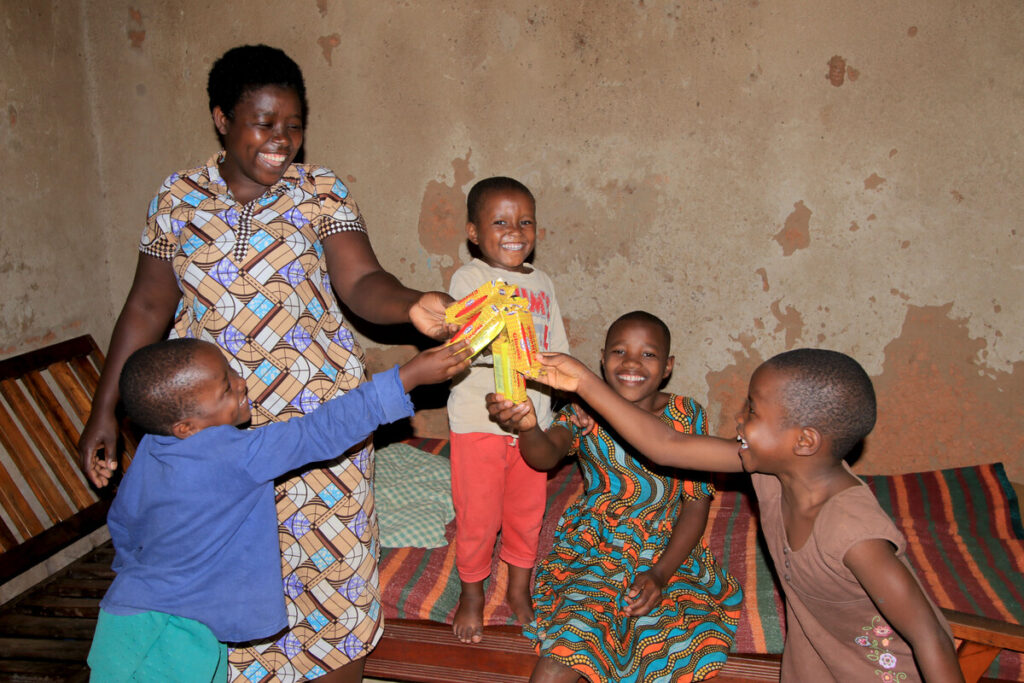When the pandemic started, everyone was afraid. One of our colleagues said, “There were families whose cases were about to be closed but due to COVID, have lost their economic status, and now they are kept under Hope and Homes for Children regular support.
Adapting to new ways of working whilst maintaining the quality of care needed by those we serve during COVID hasn’t always been easy. However, there have been some positive outcomes to this unpredictable pandemic.
No longer able to physically visit families, we intensified our phone calls and engaged actively in community structures, for example Friends of families, Community Health workers and the National Council for Persons with Disabilities committees. This turned out to be an effective way to carry out community monitoring and support the families under our care.
Before COVID, we had to obtain medication for families and children with disabilities and be the point of access for this. Now, due to COVID, we’ve been able to link families with medical facilities for them to access necessary medication directly.
The pandemic also added another layer of credibility to our work in Rwanda. Some families were very surprised to see us on the frontline continuing to support families, even during the worst lockdowns. One parent said:
“I thought that you were going to stop supporting us because of COVID. But seeing you continuing to call on us, provide food, and care for us, strengthened us.”
Even though COVID was very hard for everyone, it’s shown how we can be resilient as an organisation: adapting to the measures put into place to reduce the spread of COVID whilst effectively continuing to implement activities and services to vulnerable families and children.


